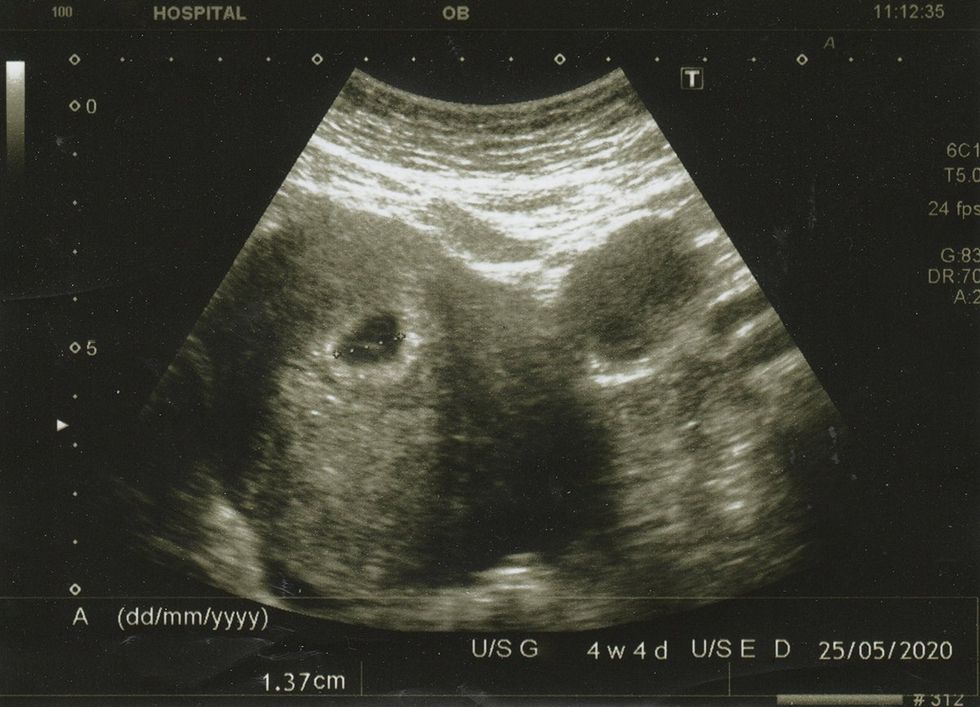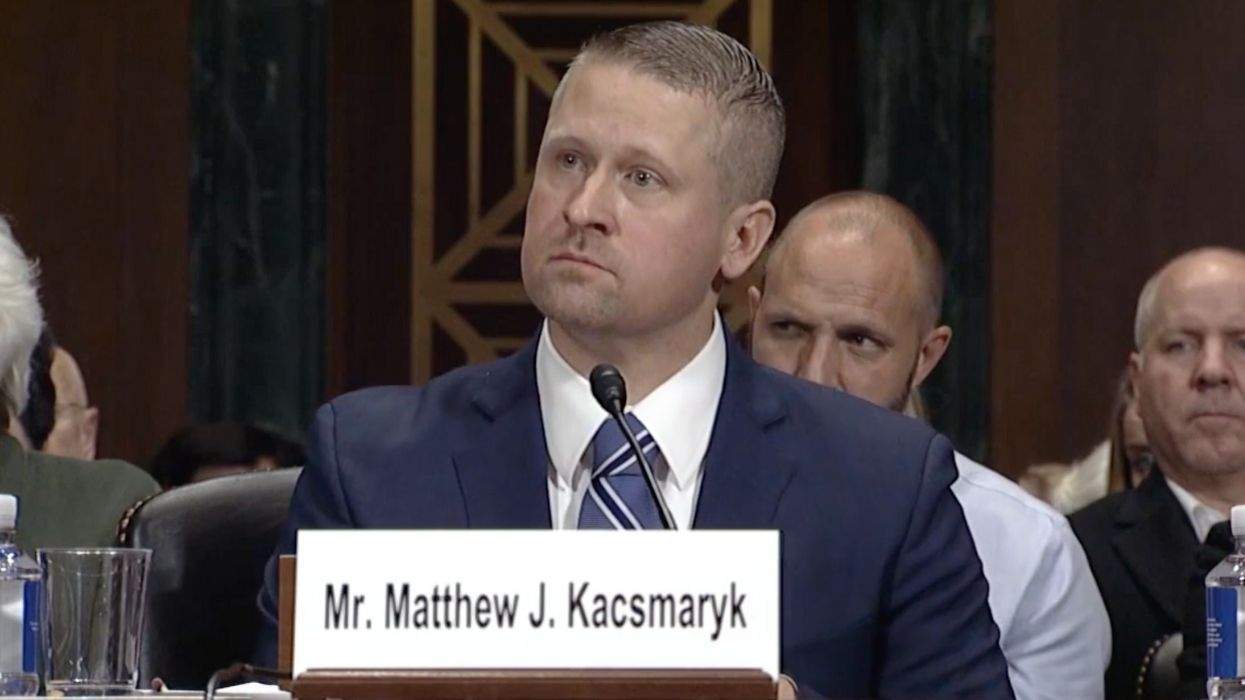A woman is suing South Carolina after being unable to obtain an abortion in the state due to its restrictive six-week ban, despite being less than six weeks pregnant.
Taylor Shelton filed the lawsuit earlier this month, in tandem with Planned Parenthood South Atlantic, to challenge the state's recently enacted ban on the procedure after the detection of a "fetal heartbeat," according to The Associated Press. The "heartbeat" usually develops around six weeks into pregnancy — before most people are aware they are pregnant.
However, medical experts contest that what can be detected in the earliest stages of pregnancy can be considered a "heartbeat." The American College of Obstetricians and Gynecologists (ACOG) states "it is clinically inaccurate to use the word 'heartbeat' to describe the sound that can be heard on ultrasound in very early pregnancy," as "there are no chambers of the heart developed at the early stage in pregnancy."
Despite this, South Carolina's Senate Bill 474, known as the “Fetal Heartbeat and Protection from Abortion Act,” defines “fetal heartbeat” as “cardiac activity, or the steady and repetitive rhythmic contraction of the fetal heart, within the gestational sac.”
Shelton's lawsuit argues that even with the state Senate's definition, the correct interpretation would be to ban the procedure at nine weeks of pregnancy, as opposed to six. Furthermore, Shelton argued that the six-week period is not "enough time for someone, clearly, to obtain an abortion."

Shelton told AP that she made the decision to terminate her pregnancy “quickly and confidently" after she missed her period and discovered that her intrauterine device (IUD) had failed. IUDs are one of the most common and effective forms of birth control, with a 99 percent success rate, according to Cleveland Clinic.
Despite being less than six weeks pregnant, Shelton said that her healthcare providers would not assist her in terminating her pregnancy, nor provide her resources for services elsewhere. It was only after she was forced to travel to multiple appointments in North Carolina, where there is a 12-week abortion ban, that she was able to terminate her pregnancy at six weeks and four days.
Nearly 1 in 5 people who had an abortion in the first half of 2023 – more than 92,000 people – had to travel across state lines to receive their care, according to a report from the Guttmacher Institute.
South Carolina lawmakers had tried and failed to pass an abortion ban several times since the overturning of Roe v. Wade, with a previous "fetal heartbeat" bill even being struck down by the state Supreme Court over patient privacy concerns. The court later reversed its stance and upheld the current law after Republicans held a special session to push it through.
Shelton believes that her story "shows the six-week ban is not enough time to be fair, and that something needs to change."
"The government want[s] us to be responsible. Well, I'm telling you right now — I had birth control. I tracked my period. I took the pregnancy test as soon as possible," she recently told NPR. "And even then, I could not figure out how to get this procedure done."
















Charlie Kirk DID say stoning gay people was the 'perfect law' — and these other heinous quotes
These are some of his worst comments about LGBTQ+ people made by Charlie Kirk.